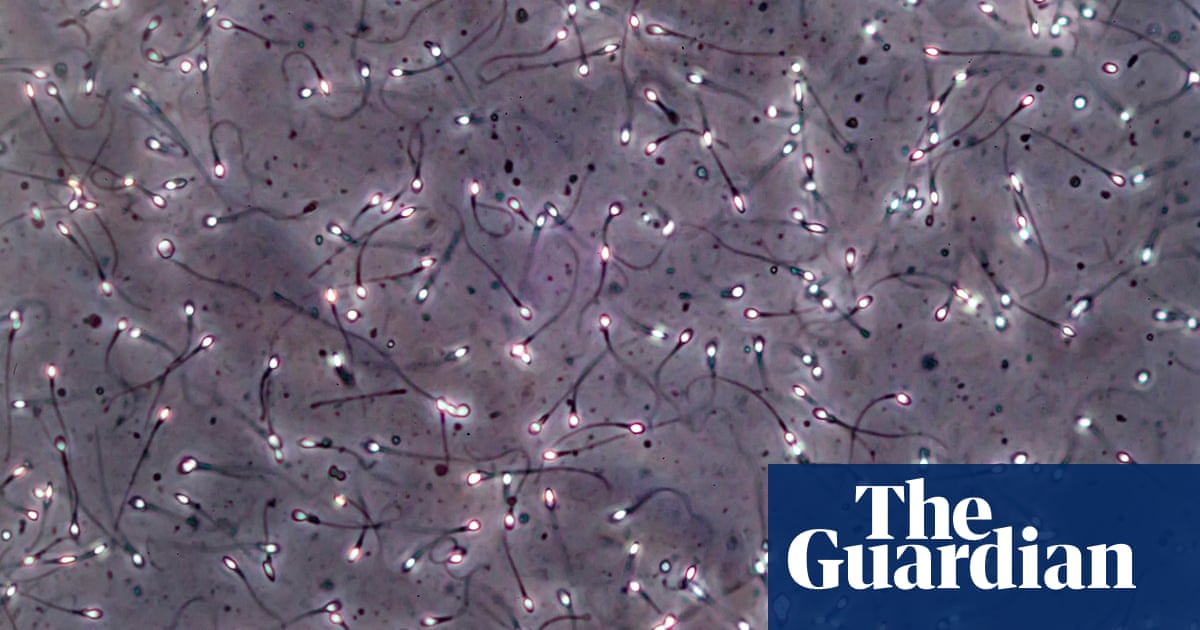New research has found for the first time that PFAS “forever chemicals” accumulate in the testes, and the exposure probably affects children’s health.
The toxic chemicals can damage sperm during a sensitive developmental period, potentially leading to liver disease and higher cholesterol, especially in male offspring, the paper, which looked at the chemicals in mice, noted.
The research is part of a growing body of work that highlights how paternal exposure to toxic chemicals “can really impact the health, development and future diseases of the next generation”, said Richard Pilsner, a Wayne State University School of Medicine researcher who co-authored the study.
“We’ve always been concerned with maternal environmental health effects because women gestate the babies … but this research is really saying there is a paternal contribution to offspring health and development,” Pilsner added.
PFAS are a class of about 16,000 compounds used to make products resist water, stains and heat. They are called “forever chemicals” because they do not naturally break down and have been found to accumulate in humans. The chemicals are linked to cancer, birth defects, liver disease, thyroid disease, plummeting sperm counts and a range of other serious health problems.
PFAS alters sperm DNA methylation, which is a process that turns genes on and off, Pilsner said. The methylation patterns can be inherited at fertilization and influence early-life development as well as offspring health later in life.
The interference can alter genes in a way that affects how the liver produces cholesterol, which can lead to elevated levels. Researchers also found the chemicals affected genes associated with neuro-development, but the study did not check offspring for potential impacts.
Though PFAS most commonly accumulate in the blood and liver, they have been found to accumulate in organs throughout the body, as well as bones. Finding the chemicals in the testes highlights how pervasive the chemicals are in mammals’ bodies, said Michael Petriello, a Wayne State researcher and co-author.
The study looked at relatively low exposure levels compared with previous research. It also included long- and short-chain PFAS, the latter of which industry has claimed are generally safe and do not accumulate in the body. The study is among a growing body of research that shows the “safe” PFAS can also be measured in tissue or blood in mammals.
Water and food are the two main exposure routes to PFAS. New federal limits for some compounds in water are being implemented, but public health advocates say filtration systems can limit exposures. Men can protect themselves by avoiding nonstick cookware and waterproof clothing, and by educating themselves on products in which PFAS are commonly used.







